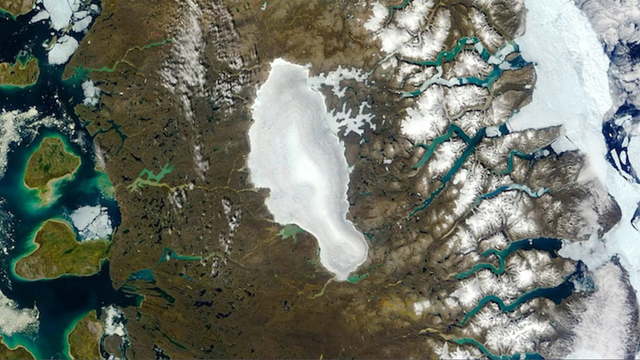
Climate change is killing this Ice Age remnant
Researchers say this icy legacy will likely disappear in the next 300 years – a geological blink of an eye
Watch CBS News

Researchers say this icy legacy will likely disappear in the next 300 years – a geological blink of an eye
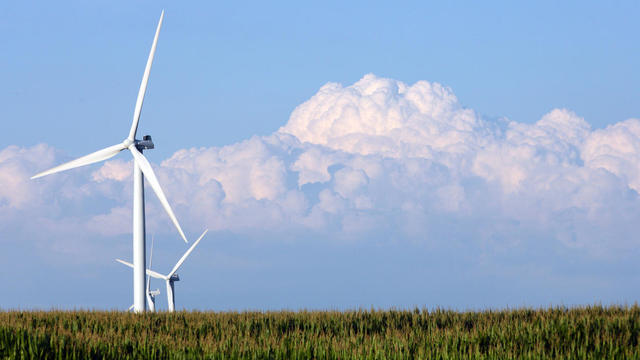
Two reports reach the same conclusion: The world must move quickly and ambitiously before it's too late

Global warming shrank certain animals in the ancient past, and a new study warns that it could happen again
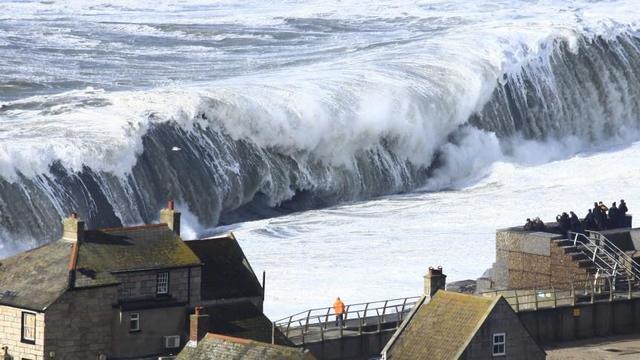
Devastating floods that used to hit about once a century could happen as often as once a year by 2100, researchers warm
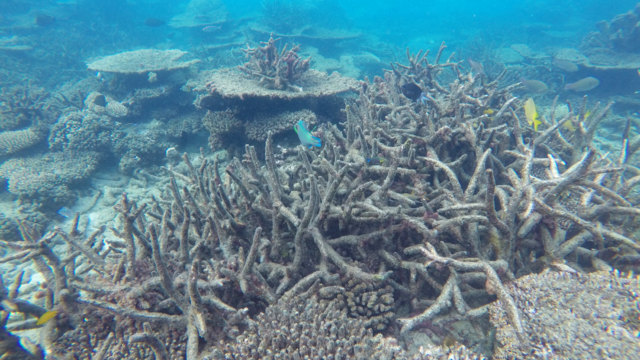
Scores of brilliantly colored coral reefs once teeming with life have in recent years become desolate, white graveyards

Acid rain, toxic waste and smog prompted the creation of the Environmental Protection Agency
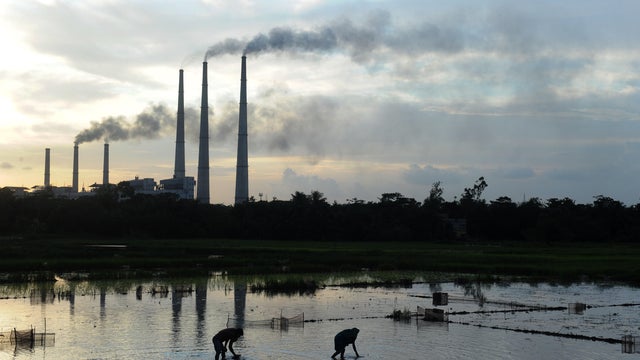
“It’s not only hurting polar bears, it’s hurting us” – and these doctors say we need to do something about it
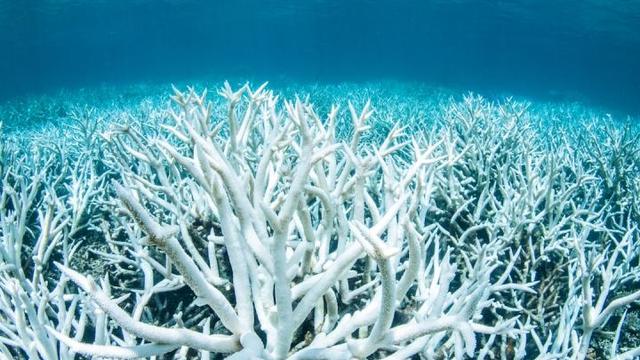
Widespread coral bleaching for a second consecutive year is especially grim news

Australia's Great Barrier Reef has fallen victim to coral bleaching for the second year in a row, according to researchers. Above-average sea temperatures cause the coral to lose their algae and turn white, making them susceptible to disease.

The scientific evidence is strong that atmospheric carbon dioxide levels are contributing to rising temperatures

Carbon dioxide emitted from vehicles and other human activity is blamed by scientists as a major driver of climate change. But Scott Pruitt, the new head of the EPA, said Thursday he is not convinced. Chip Reid reports.

"This is the new climate normal that we all need to come to grips with. And it's stunning how quickly our climate has changed," one meteorologist said

EPA Administrator Scott Pruitt's claim is contrary to mainstream climate science and the EPA's official position
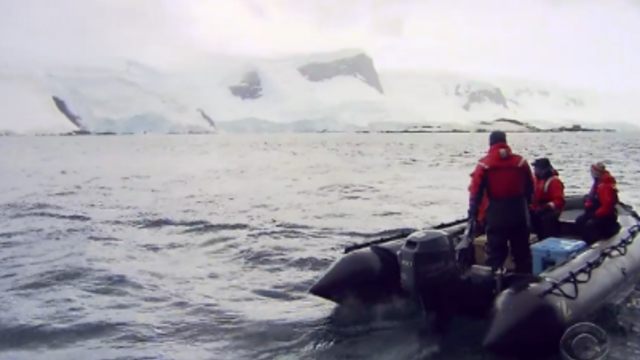
John Durban and Holly Fearnbach are modern whale hunters, using modern gear to give whales a health checkup -- and finding some are in trouble

The Trump administration wants to cut the EPA's budget by around 25 percent, including a significant reduction of staff. But as Mark Phillips discovered on a recent trip to Antarctica for our Climate Diaries series, a new funding model for research is giving scientists hope.
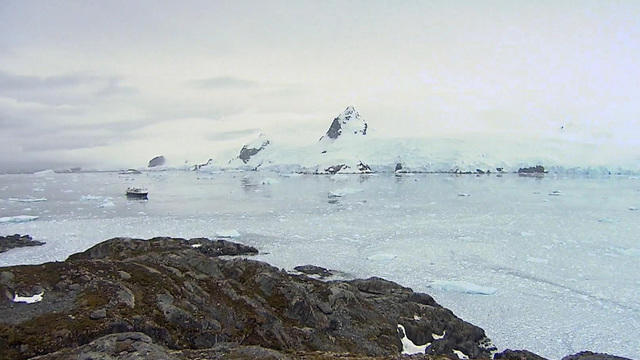
Data just released by the World Meteorological Organization confirms the world's coldest continent officially has a new record high temperature -- 63.5 degrees Fahrenheit, set in March 2015. That topped the old record of 59 degrees set in January 1974.
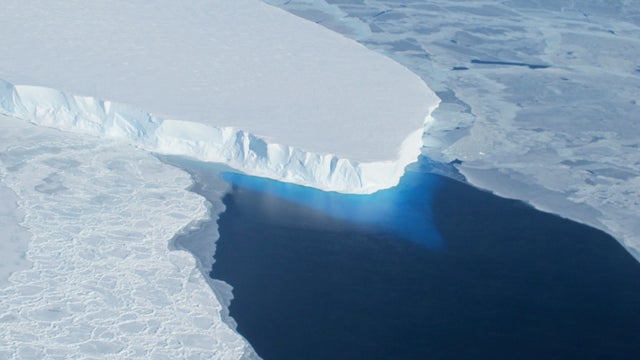
Temperatures on the Antarctic continent reached a balmy 63.5 degrees Fahrenheit in 2015
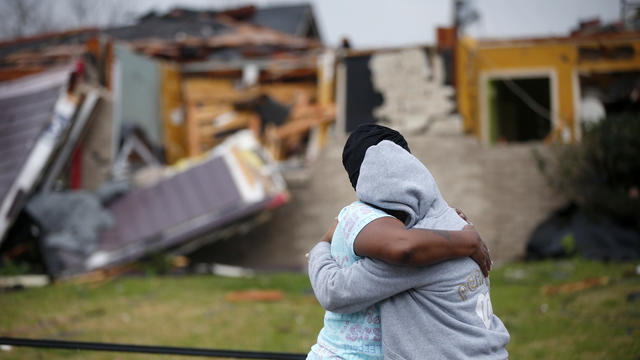
Climate change is threatening the emotional health of humans worldwide, scientists and mental health professionals warn
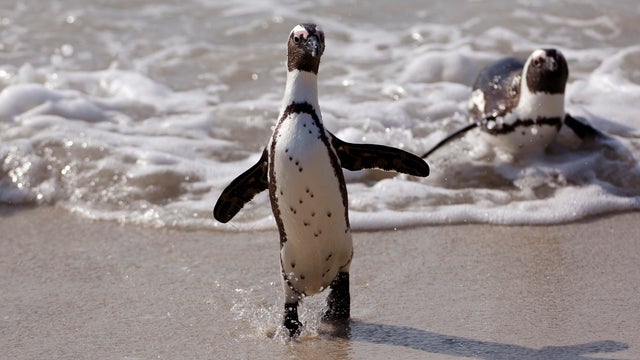
A new study says hot spots of biodiversity in the oceans are overfished and warming fast

There's a simmering debate between South Dakota legislators, teachers and parents about how schools should present science
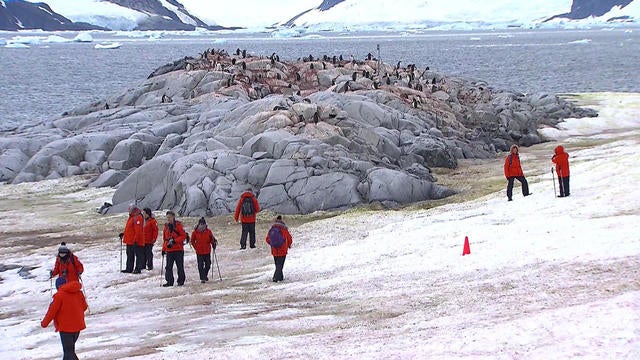
With climate-change skeptics in the White House, government funding is at risk
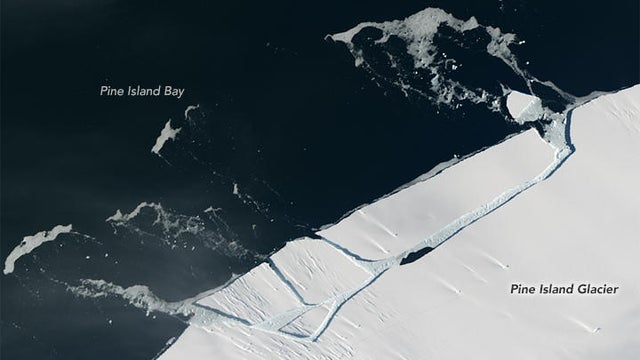
A massive chunk of ice has broken off Antarctica's fast-changing Pine Island Glacier
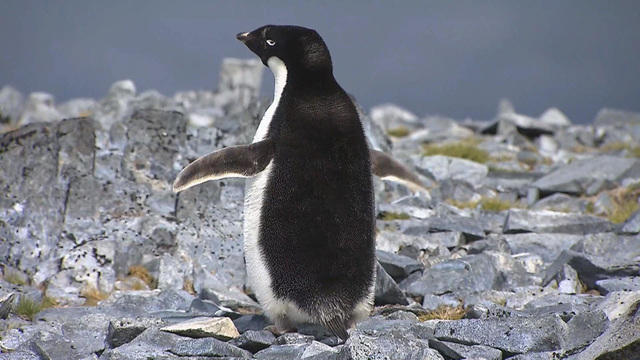
In our Climate Diaries series, Mark Phillips continues his reporting from Antarctica, one of the most remote places on earth. He shows us the dramatic shifts happening around a half-century old research base. The icescape and the area's penguin population reveal the impact of the rapid pace of climate change.
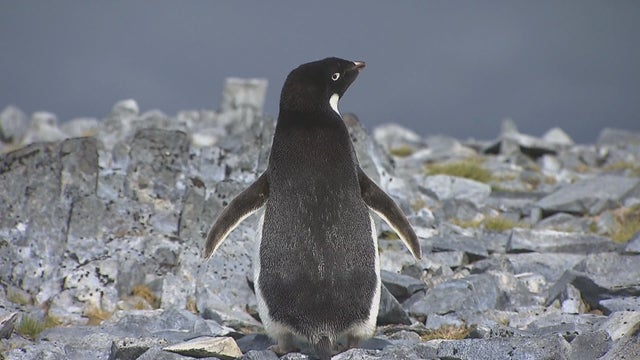
Scientists at Palmer Station on the Antarctic coast say the penguin population has declined dramatically since they began studying them four decades ago
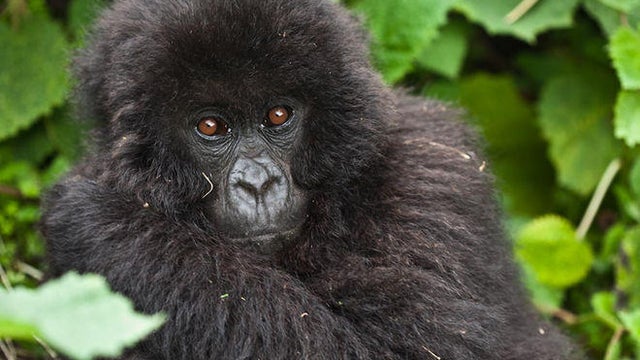
More than 700 of the world's threatened and endangered animal species may be directly affected by climate change, a new study says
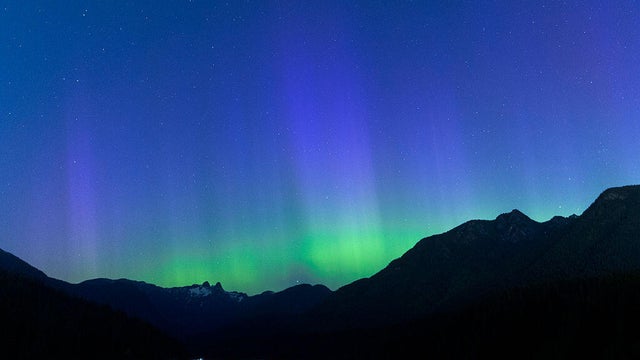
People in 18 U.S. states could see the green or red glow of the aurora in the sky Monday night into Tuesday.

"Spicomellus is one of the strangest dinosaurs that we've ever discovered," the project's leader said.
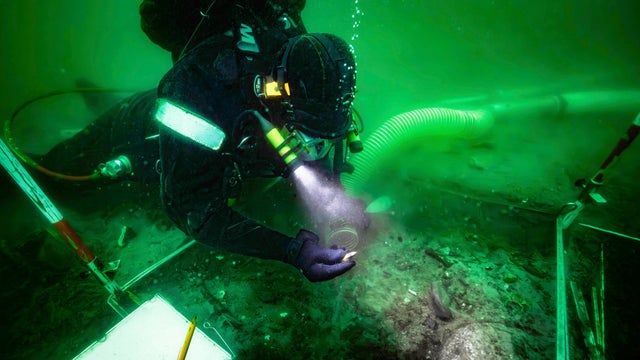
Divers have collected evidence of a Stone Age settlement lost to rising seas after the last ice age from the seabed off Denmark's coast.

The first commercial carbon storage facility has been inaugurated off Norway's coast, but is storing CO2 deep under the seabed really the answer?
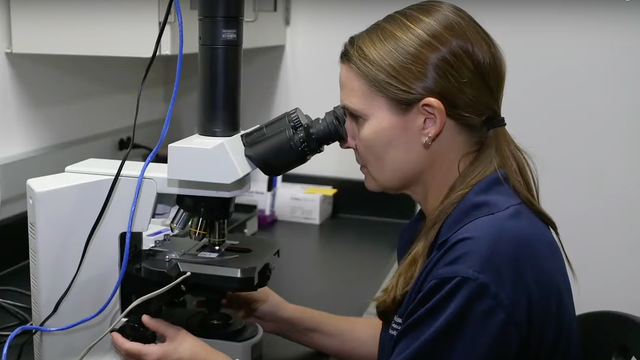
Experts at the Smithsonian Conservation Biology Institute care for endangered species on 32,000 sprawling acres in Northern Virginia.

As Hurricane Erin hovered over the Atlantic Ocean, the first hurricane of the 2025 Atlantic hurricane season was spotted from above by cameras on the ISS.
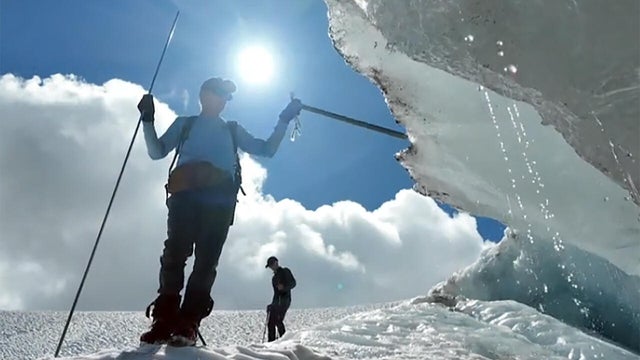
For more than 40 years, glaciologist Mauri Pelto has been measuring shrinking glaciers in Washington State. He's been joined by his daughter, artist-scientist Jill Pelto, whose watercolors provide another view of the drastically-changing landscape.

For more than 40 years, glaciologist Mauri Pelto has been measuring the shrinking glaciers in the rugged North Cascade Mountains of Washington State. He's been joined by his daughter, artist-scientist Jill Pelto, whose watercolors provide another view of the drastically-changing landscape, as the effects of human-caused climate change on glaciers becomes even more starkly apparent. This story was provided by Climate Central.
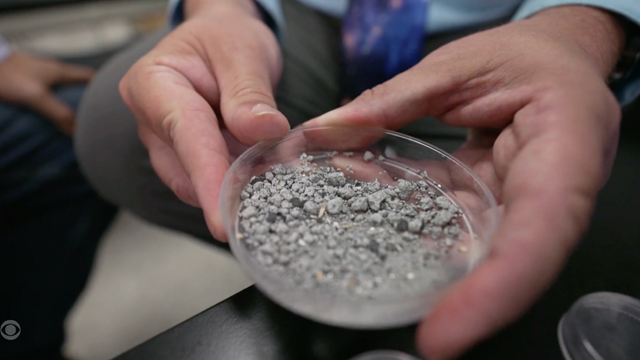
A meteorite appeared as a fireball seen in several states, including Georgia, where it landed in a house. Dave Malkoff explores its past.

Researchers say that a lake trout recently captured in Lake Superior is believed to be the oldest-known specimen of its species ever caught in the Great Lakes, estimated to be 62 years old.

Federal funding cuts to mRNA technology research doesn't just impact COVID vaccines — experts say it could stall progress in treatment for cancers, rare disease and more.
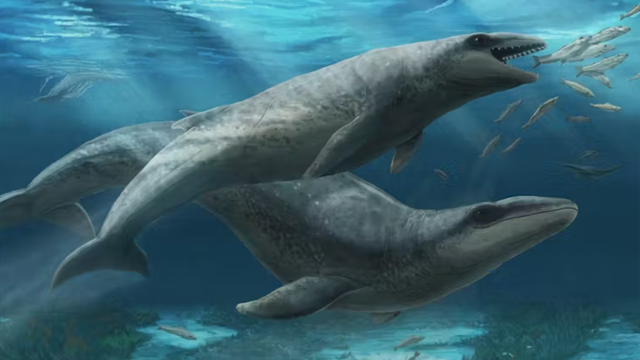
Scientists have discovered a razor-toothed whale that prowled the seas 26 million years ago, saying the species was "deceptively cute" but a dangerous predator.

ASMR (or autonomous sensory meridian response) is the tingling sensation some people experience from certain sounds or visuals – a "brain massage," in the words of Maria Viktorovna, who's been called the "ASMR queen." Correspondent Faith Salie talks with Viktorovna about her wildly successful "Gentle Whispering" videos, and with physiology professor Craig Richard, who discusses ASMR's physical effects. Salie also visits Whisperwave, New York City's first ASMR spa. [Originally broadcast Dec. 8, 2024.]
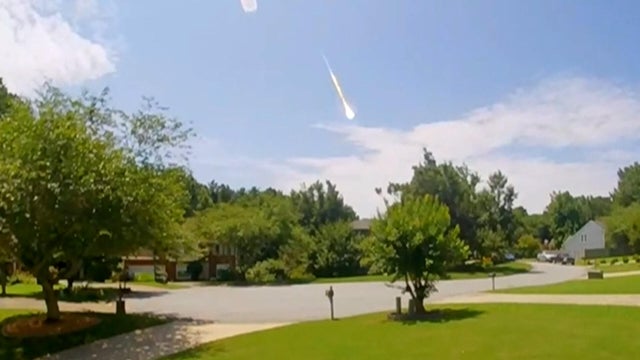
A mysterious fireball blazed across the sky in broad daylight on June 26, sparking hundreds of siting reports in Georgia and South Carolina.
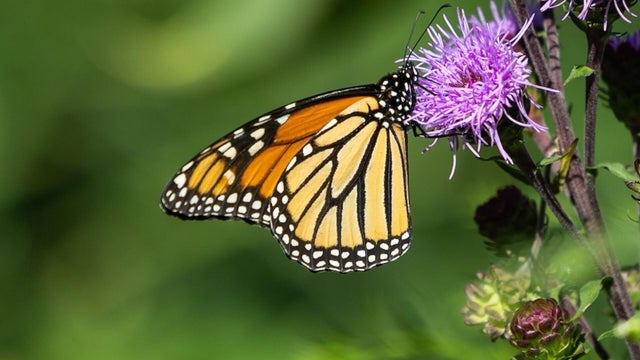
A new study finds that butterfly populations are rapidly declining in the Midwest. Elise Zipkin, one of the authors of the study, joins "The Daily Report" to discuss.